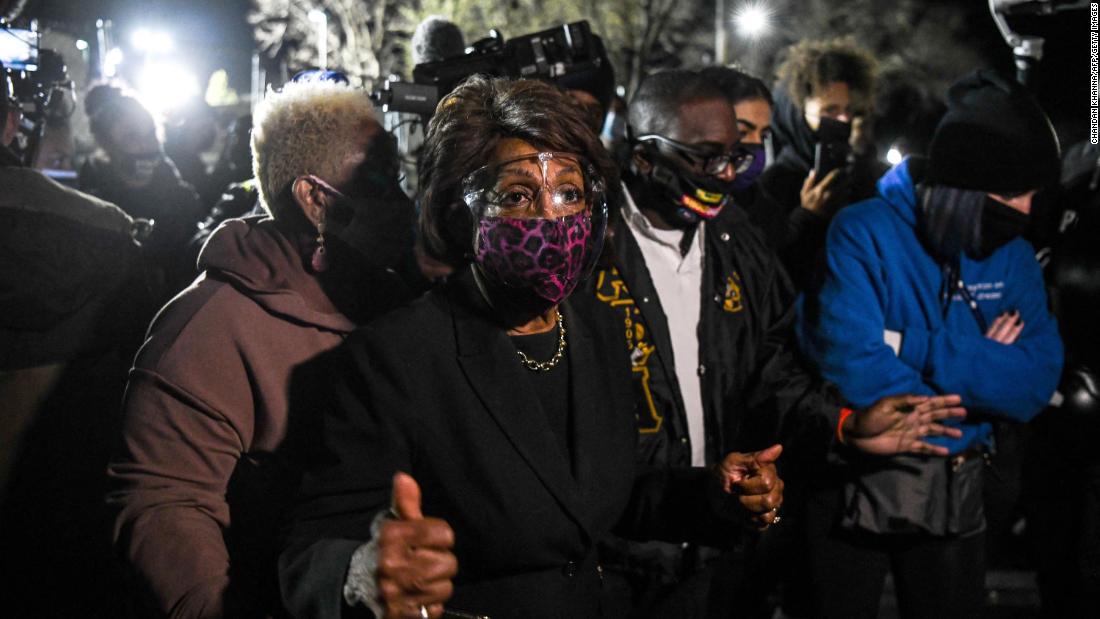Neither the Judge's ruling in the 2012 Michigan Seditious Conspiracy case, nor Baldwin v. Franks which the judge referenced, has anything to do with your claim that the prosecutors must prove a corrupt motive in addition to intent. With respect to the 2012 Michigan Seditious Conspiracy case the judge explained that the prosecution failed to put forward evidence proving the various elements of a traditional Seditious Conspiracy case, of which corrupt motive WAS NOT an element the Judge listed as being required:.
18 U.S.C.A. § 2384. Specifically, the Government charges Defendants with conspiring to “oppose by force the authority” of the United States Government. Essential to that charge, Defendants must have agreed to oppose some positive assertion of authority by the United States Government; mere violations of the law do not suffice. In Baldwin, the Supreme Court discussed what must be proven to convict a defendant of seditious conspiracy. The defendant was charged with seditious conspiracy for conspiring with others to unlawfully arrest and expel a group of Chinese citizens from a California town where they lawfully resided. 120 U.S. at 681. The defendant and his coconspirators violently removed the Chinese citizens from their homes and businesses and forcibly placed them on a steam-boat that was departing the town. Id. The Supreme Court held that these facts could not support a charge of seditious conspiracy because the force was exerted against the Chinese citizens, and not against the government in its efforts to protect them. Id. at 694. In reaching its conclusion, the Supreme Court made clear that to be convicted of seditious conspiracy, one must specifically oppose by force the government of the United States while it is exerting its authority. The Court stated: All, therefore, depends on that part of the section which provides a punishment for ‘opposing’ by force the authority of the United States . . . . This evidently implies force against the government as a government. To constitute an offense under the first clause, the authority of the government must be opposed; that is to say, force must be brought to resist some positive assertion of authority by the government. A mere violation of law is not enough; there must be an attempt to prevent the actual exercise of authority. Id. at 693. Because Baldwin’s conspiracy was for “ill treatment itself,” and “not for hindering or delaying the United States in the execution of their measures to prevent it,” the charge could not stand. Id. at 694.
This has NOTHING to do with your claim that prosecutors must prove a corrupt motive to successfully convict a defendant in a Seditious Conspiracy case.
And in this case it is opposing or delaying the lawful authority of the United States. That's what the statute prohibits. And it doesn't matter whether or not the defendants in a Seditious Conspiracy Case think they are doing God's work, they still cannot oppose or delay the lawful authority of the United States. Their corrupt motive does not matter.
Every person who has ever engaged in sedition or treason throughout the whole of recorded human history has always thought they were the hero of their own story, and they have always thought what they were doing is right. And it's ridiculous to suggest that the prosecutors must somehow first prove that the Oathkeepers knew that Biden was legitimately elected. Whatever false notions they had about the world doesn't matter. They still can't try to overturn an election like they did on Jan 6th. They do not have the authority to do so.


